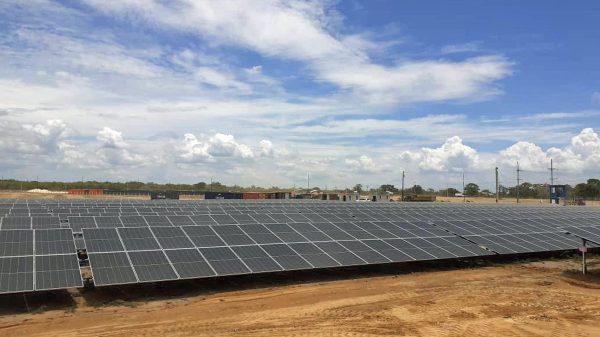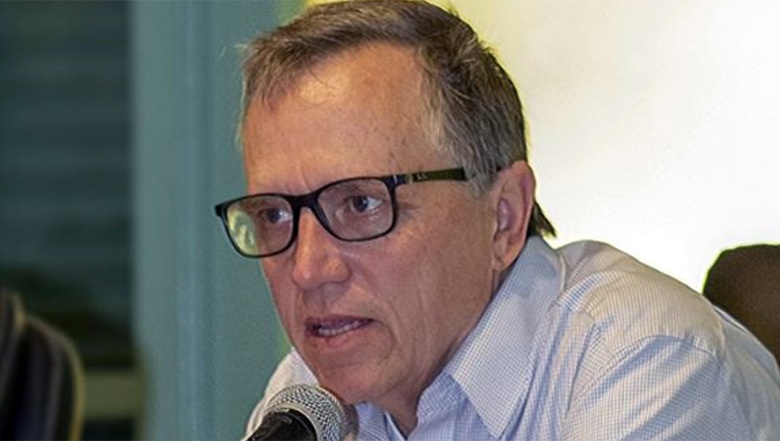Cuba has recently expanded a 10-megawatt (MW) solar photovoltaic park to 15 MW of total capacity with the financial assistance of the Abu Dhabi Fund for Development (ADFD).
In a statement issued Sunday by the ADFD, the grid-connected project was scaled up with the savings from the concessionary loan of USD 15 million (EUR 12.7m) provided by it under the second cycle of the ADFD-IRENA Project Facility. The remainder was covered by the government of Cuba.
The solar photovoltaic project falls under the second cycle of the ADFD-IRENA Facility, helps Cuba advance further in its objective of producing 24 percent of electricity from renewable sources by 2030—a goal identified in its Green Energy Strategy to 2030.
The scaled-up solar project will contribute annual savings of 5.9 million liters of fossil fuels and 19,000 tonnes of carbon-dioxide emissions.
The solar plant currently supplies electricity to approximately 10,000 homes.
The solar park was inaugurated in Cuba last year.
ADFD stated that the benefits from the project have encouraged it to support a second 14.3-MW solar scheme that will include 4 MW of battery storage capacity.
The upgraded facility not only widens energy access in Cuba, but it also enables the nation to significantly save on fuel expenses, provides means of sustainability to the livelihood of thousands of people, and limit emissions of greenhouse gases.
Speaking on the challenges faced by developing countries, Mohammed Saif Al Suwaidi, ADFD’s Director-General said, “However, some countries face formidable challenges such as a lack of financial backing and inadequate access to technology. Our responsibility in ADFD is to help those countries overcome these challenges. This particular project serves as a model for other island nations in terms of conserving natural wealth, tackling climate change, and achieving energy security.”
Tatiana Amarán Bogachova, Cuba’s Vice Minister of Energy and Mines, commented on the ADFD project, “Cuba signed agreements at COP21 in Paris and the renewable energy projects, especially the one funded by ADFD, has helped us to keep our commitment to reducing greenhouse gas emissions.”
The ADFD’s mission as reported in its press release is, “to promote renewable energy stems from its policy to support international efforts to help developing countries achieve energy priorities, as well as from its commitment to advancing the United Nations’ Sustainable Development Goals through infrastructure projects in diverse sectors. The fund has so far financed 78 renewable energy projects, whose total value stands at US$1.2 billion (AED4.4 billion). These initiatives, spread across 62 countries, have transformed millions of lives.”

From our staff writers and editors.












